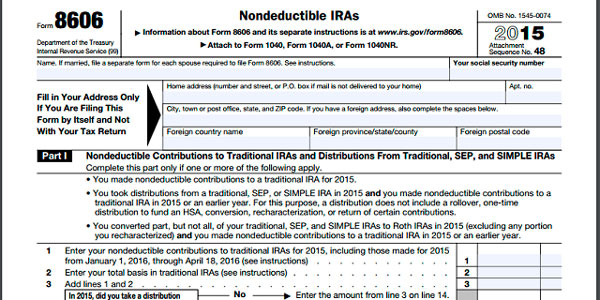It is never too early to teach one's children the importance of empathy, philanthropic giving of one's money, and offering time for a cause other than oneself. According to Mary Gordon, the creator of the educational program Roots of Empathy and located in Toronto, "It is impossible to teach someone to have empathy. Children seem to acquire empathy, bravery, and inventiveness as their development progresses. Children have a straightforward and simple comprehension of marginalization and the problems associated with social justice."
Be a Model for Others to Follow
Parents must cultivate a culture of charitable giving within their households by modeling this behavior and encouraging their children to do the same. Because of this, including your children in the activities you participate in as a volunteer or for a charitable charity may greatly benefit you. Here are several examples:
- Show them how you contribute to the charity by putting money in the collection boxes.
- If you are participating in a food drive, you should encourage them to assist you in selecting canned items.
- When you go on a walk to raise awareness for a topic that's important to you, take them with you.
- Inspire them to join you in writing greeting cards for senior citizens.
Every time your kid sees you contributing to a worthwhile cause, it will serve as positive reinforcement for their good deeds and provide a chance for you to talk to them about why it's essential to donate and how fulfilling it can be.
Investigate the Numerous Donation Methods Available
The National Center for Charitable Statistics estimates that approximately 1.5 million organizations in the United States operate only for charitable purposes. Charity Watch, a watchdog organization, gives a user-friendly approach to filter and exploring top charities, which may help you acquire a better sense of which organizations are the most suited for your philanthropic efforts. The following are some of their most popular areas related to charitable charity:
- Assisting under-represented populations or minority
- Safeguarding of animals
- People who are unable to see normally
- Cancer
- Humanitarian aid and international development
- Hunger
- Relations with other nations and global tranquility
- The rights of women
- The cultivation of youth
A child may learn the importance of generosity in various contexts, and there are numerous opportunities for kids to serve in the community. For instance, establishing a charity box in the house might show that even a small amount of money can make a difference when contributed with a kind heart. Encourage giving used items, such as clothes, toys, and school supplies, to less fortunate children.
Teaching your children that giving them time may be just as meaningful as giving them money or other possessions is another valuable lesson. Volunteering in a local soup kitchen as a family may be a fun activity to do together, or you could make it a habit to carry a basket of food with you at all times so that you can hand it out to those in need and hungry.

Involve Children in Volunteer and Charitable Activities
When presented with more direct and specific instances of humanitarian giving, it might be simpler for younger children to comprehend the concepts of empathy and charity. You should explain that not everyone is as lucky as they are to have toys to play with since they know how much they like their favorite toys.
In a similar vein, you may assist them in establishing a charity box to which they can add a portion of their weekly allowance or spare change. You may instill in your children a lifelong commitment to philanthropy by making charity giving a routine part of the activities they participate in around the home.
Set Up a Donor-Advised Fund

Create a family account in a donor-advised fund if at all possible. A donor-advised fund is a kind of account that allows you to donate money to charitable causes and other organizations that are important to you. You may be eligible for an instant tax deduction when you contribute to the account. The money from your contributions may then be invested and grow free of tax consequences. Kraus states, "Donor-advised funds operate very similarly to private foundations, but they are far simpler to establish and need considerably lower minimum contributions." Not only will this teach your kids about the stock market, returns, and tax deductions, but it will also allow you to discuss the topic as a family and determine which organizations and towns you want to give money to.




